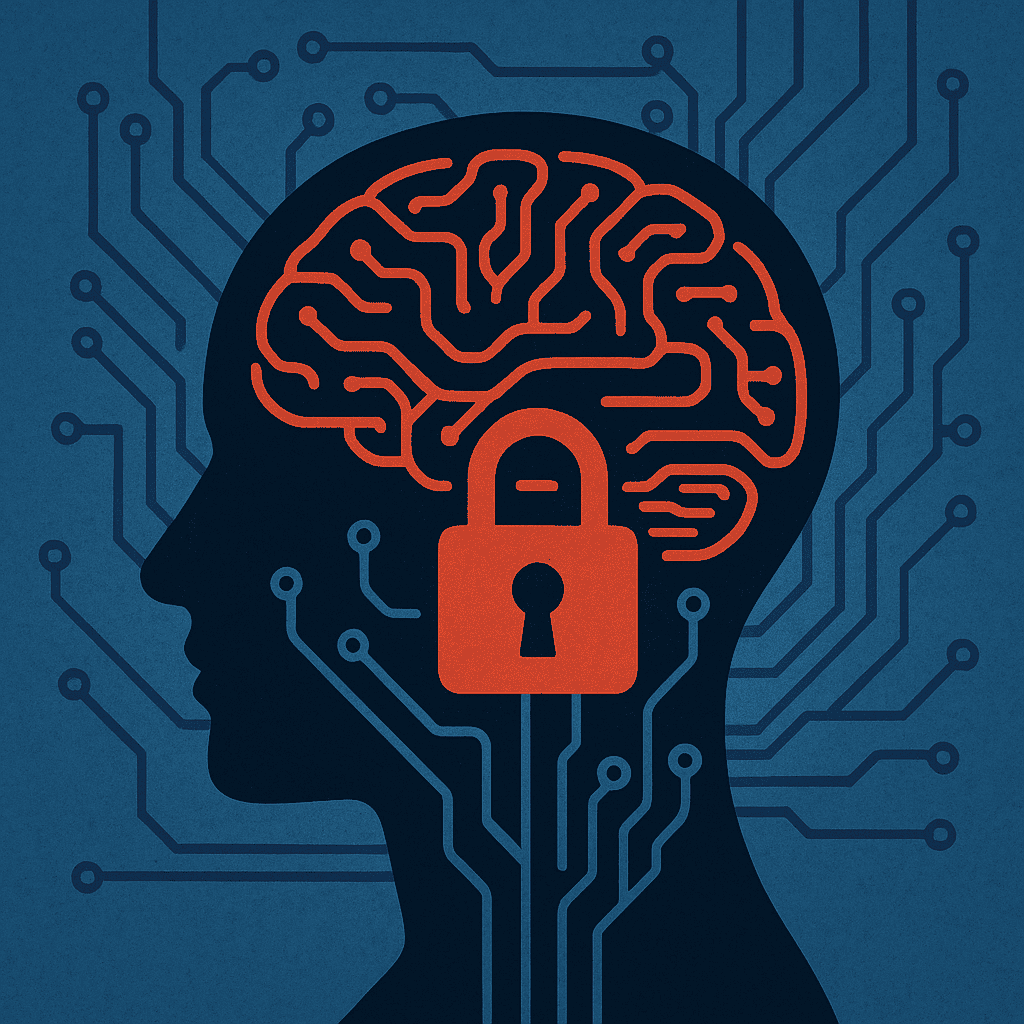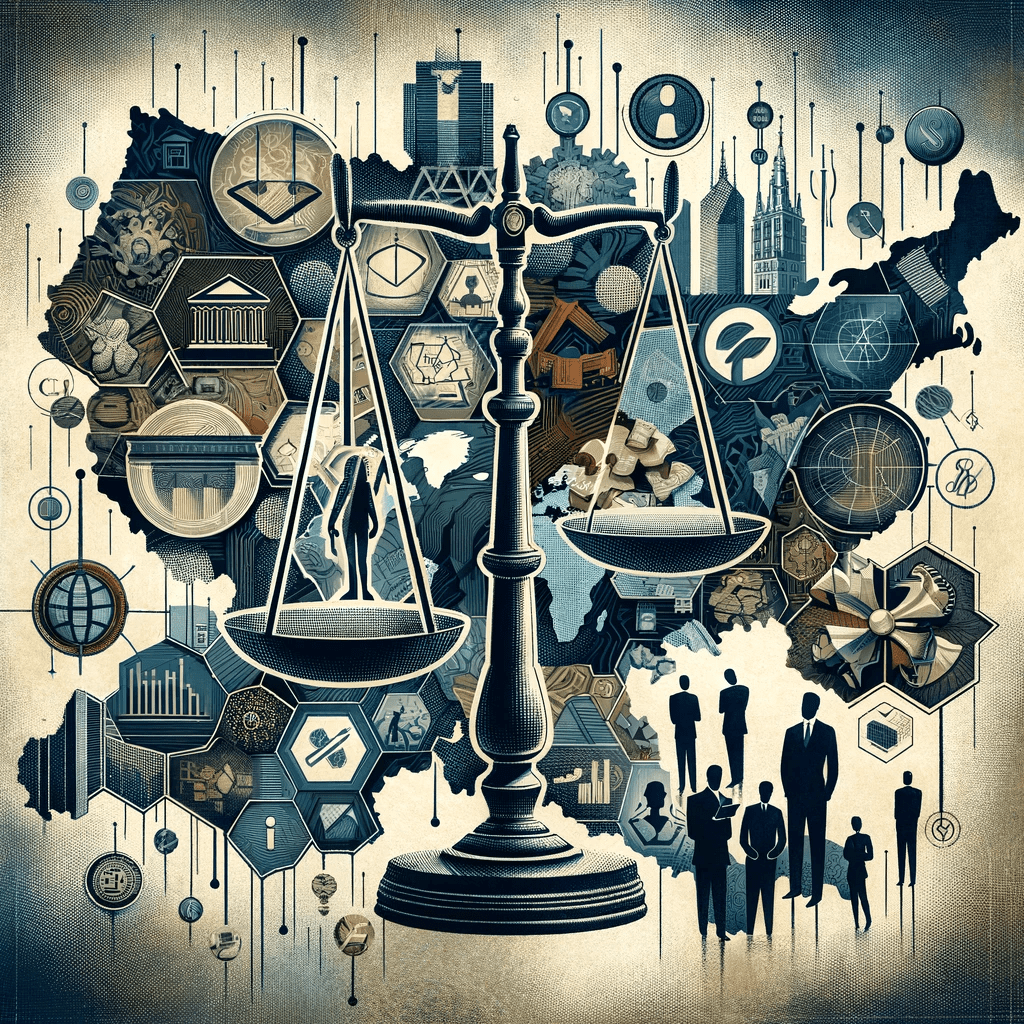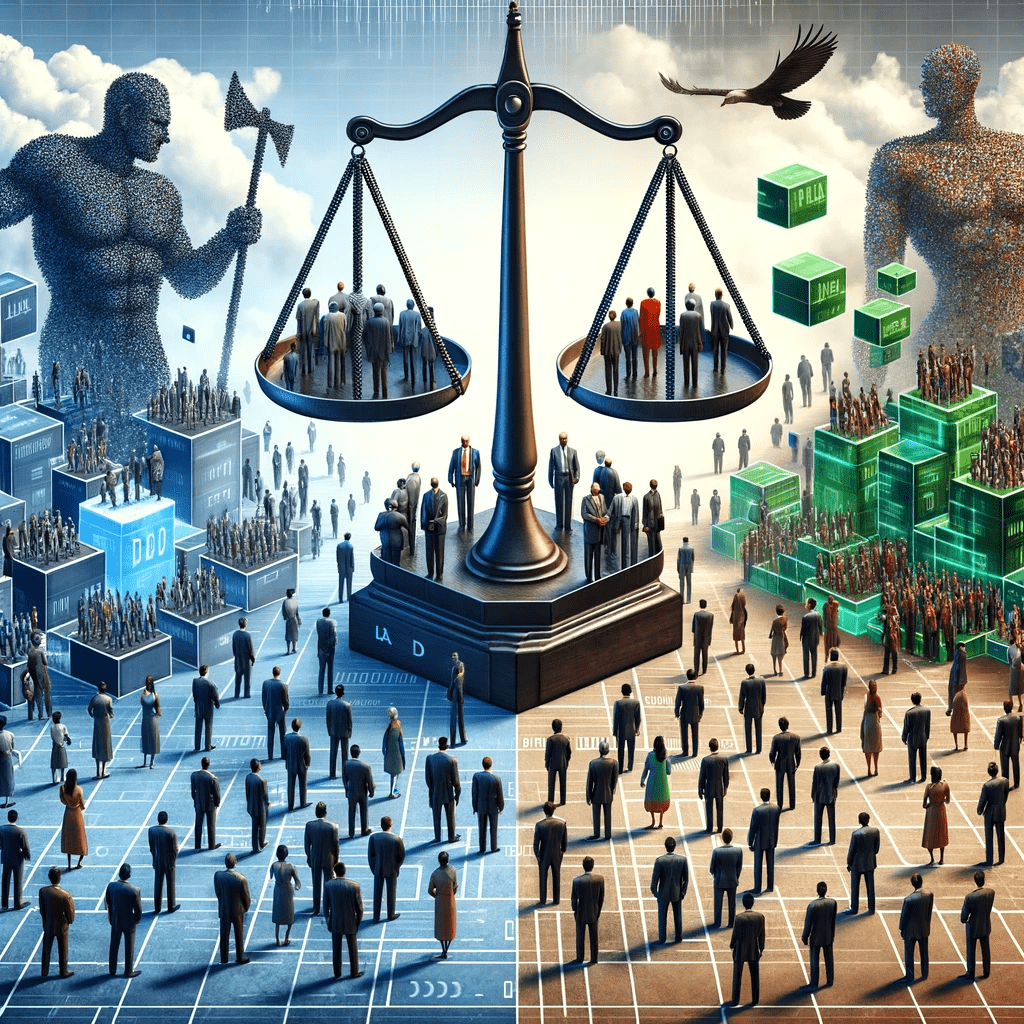Łukasz Szoszkiewicz
Adam Mickiewicz University | The Neurorights Foundation | l.szoszkiewicz@amu.edu.pl

I am a social scientist with a legal background and a self-trained data scientist.
My research focuses on international human rights law and the challenges posed by new technologies, such as Artificial Intelligence and neurotechnologies. Considering how digital technologies erase geographical boundaries, it’s vital to address new challenges from a global perspective. This is why my work concentrates on the UN framework, with a specific focus on social rights and the rights of the child.
I employ a range of methodologies, including natural language processing (Python), statistics, corpus linguistics, and grounded theory.
Currently, I am working on neurorights and develop open-source search tools for human rights case law, including dashboards for the Polish Constitutional Court and the ECHR, as well as a UN Treaty Bodies document search.
In 2024-25, I was a Fulbright scholar at the Columbia University (Neurotechnology Center), focusing on mental privacy and speech decoding.
news
| Feb 20, 2026 | 📚 Published a new app with the database of the Polish Constitutional Court: Orzecznictwo TK - Dashboard Ekspert. The dashboard supports paragraph-level legal search with advanced filters (section, year, decision type, judge, and signature) across 3,288 cases and 265,870 paragraphs from 1997 to 2026. |
|---|---|
| Feb 5, 2026 | 🤝 I started my re:constitution fellowship with HURIDOCS supported by Forum Transregionale Studien and Democracy Reporting International. Looking forward to builing some useful digital tools for human rights experts! |
| Dec 12, 2025 | 🤖 Leading a team at UAM Faculty of Law and Administration (with Dr Igor B. Nestoruk) in collaboration with NASK to fine-tune Polish Large Language Models (PLLuM) for legal and administrative tasks. Our team created specialized datasets that accurately reflect language use in legislation and administrative decisions. The goal: developing AI models capable of precise generation of legal content while maintaining substantive and formal correctness. |
| Dec 9, 2025 | 🚀 Led a vibecoding workshop at International Telecommunication Union HQ in Geneva, working with human rights professionals from OHCHR, Impact OSS, and HURIDOCS on AI-human collaboration. The focus: building simple but transformative tools - document analysis dashboards, search engines, filtering systems - that solve real bottlenecks when working with hundreds of PDFs. Not replacing human expertise, but amplifying it. Thank you FNF Human Rights Hub for the invitation to share the responsible vibecoding approach with this incredible group. |


